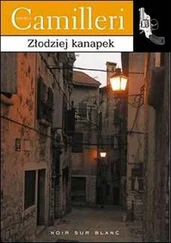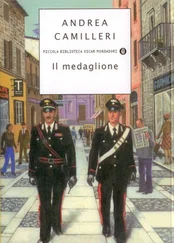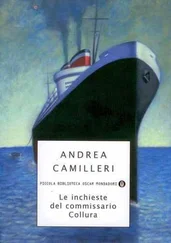[2]In Italy, members of parliament are called “honorables” (onorevoli).
[3]A thinly disguised reference to the Bossi-Fini law, drawn up by Umberto Bossi and Gianfranco Fini, respective leaders of the xenophobic Northern League and the National Alliance, a right-wing party descended directly from the Neofascist MSI party founded after World War II. Enacted in 2002 by the Italian parliament, with the ruling coalition of Prime Minister Silvio Berlusconi’s Forza Italia party and these two smaller parties holding an absolute majority, this heavy-handed law, among its many provisions, makes it illegal for individuals not belonging to E.U. member nations to enter the country without a work contract; requires all non-E.U. individuals who lose their jobs while in the country to repatriate to their country of origin; abolishes the sponsorship system that had previously enabled non-E.U. individuals to enter the country under the patronage of a sponsor already in Italy; establishes the government’s right to decree a quota of the number of non-E.U. individuals allowed to enter the country over the period of one year; makes all foreign nationals not in conformity with these new guidelines subject to criminal proceedings and/or forced repatriation.
[4]Garruso is a common Sicilian insult, homophobic in nature but used generally to mean “jerk,” “prick,” “asshole,” etc. A literal translation would be more like “faggot.”
[5]An immensely popular Italian weekly periodical of puzzles, such as rebuses, acrostics, crossword puzzles, riddles, etc. Created in 1932, it is also published in a number of other European countries.
[6]As part of George W. Bush’s war on Iraq, launched in March 2003, Italy, under right-wing prime minister Silvio Berlusconi, committed three thousand soldiers to the effort, helping to form part of what was called the “Coalition of the Willing.” The modern town of Nasiriyah, an important petroleum center with a population of over 250,000, was severely damaged by American bombs and fighting during the war and became a center for the small Italian contingent, who built a hospital there, among other things. On November 12, 2003, a suicide bombing by the Iraqi resistance killed twenty-three, including nineteen Italians, resulting in a fierce outcry among Italians at home, who had been overwhelmingly against the American declaration of war and Berlusconi’s agreement to participate in an effort they believed unjust. By having the character of Vanna Digiulio be killed in a secret operation before the Nasiriyah bombing, Camilleri appears to be highlighting what he views as the murky nature of the Italian participation in an unjustifiable war.
[7]in Italian, bella donna means “beautiful woman.”
[8]Marinated veal shanks, often served as antipasto.
[9]From the poem “Favoletta” in Cuor Morituro (1925-1930), translation from Songbook: The Selected Poems of Umberto Saba, translated by Stephen Sartarelli (Riverdale-on-Hudson: Sheep Meadow Press, 1998), p. 131.
[10]Agramante is one of the leaders of the Saracen knights in Orlando Furioso, the fanciful verse romance by Ludovico Ariosto (1474-1533) loosely based on the Carolingian cycle of medieval chansons de geste. Episodes from Orlando Furioso provide much of the material used in the teatro dei pupi, the traditional Sicilian puppet theater one can still see in the streets of Sicily today.
[11]See Andrea Camilleri, The Track of Sand (Penguin, 2010).
[12]The Italian language contains neither the letter K nor the letter Y.












